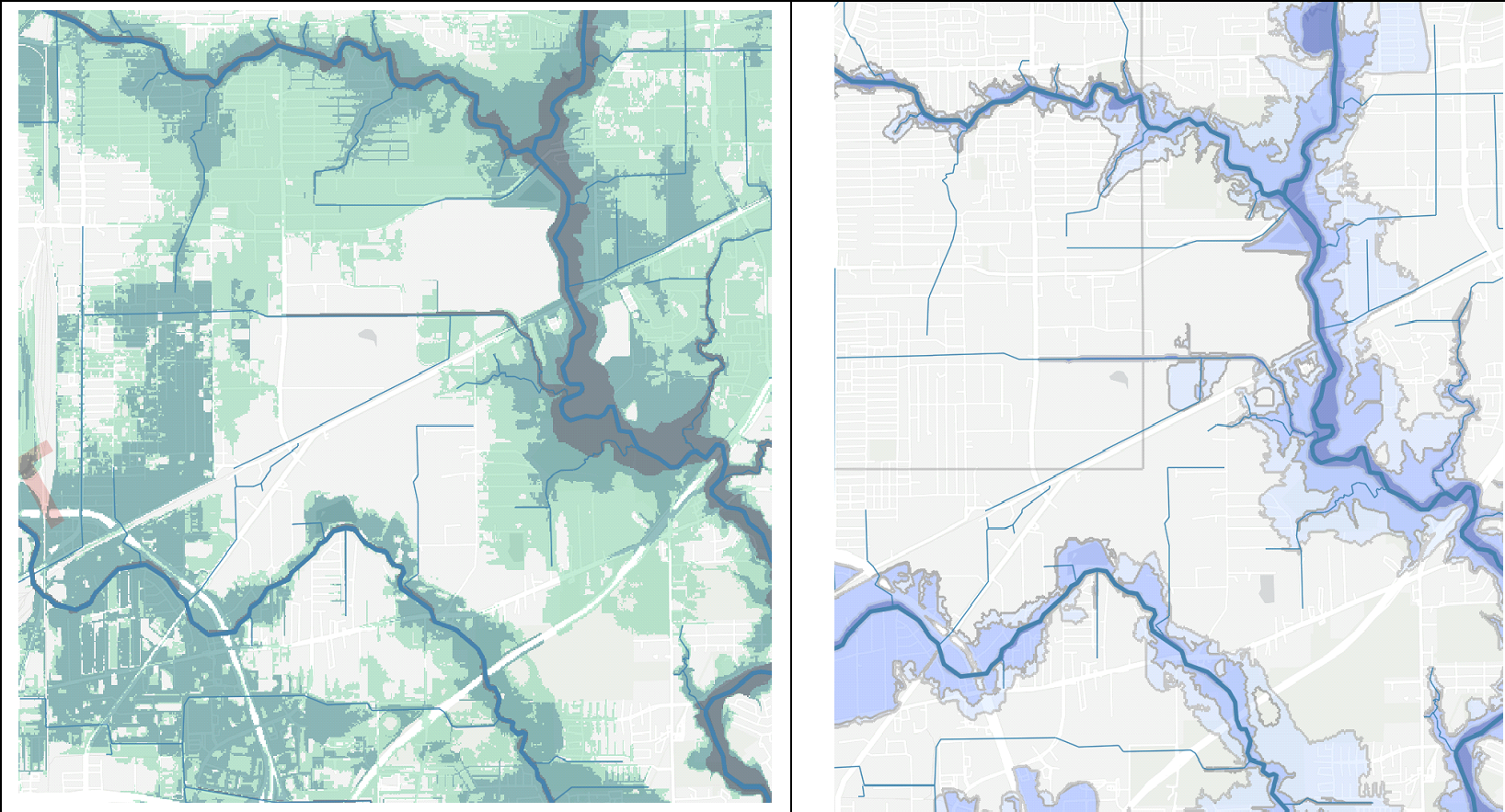
The biggest winner on election night was an official that was not on the ballot - Harris County Clerk Teneshia Hudspeth. There were no long lines at the polls. None of the polls ran out of paper. Early and mail-in results were announced shortly after 7:00PM and final unofficial results were finalized by early Wednesday morning. There were a handful of equipment problems reported but Hudspeth’s office was quick to respond and there were no reports of any polls being out of commission for any significant length of time. Of course, this is a dramatic contrast to recent dysfunctional elections in Harris County, which were plagued with long lines, ballot paper shortages and widespread equipment problems.
But the most significant improvement was that the vote tally actually balanced at the end of the election. The State requires each county to file a Preliminary Election Reconciliation report (Preliminary Report) that summarizes how many people voted compared the number of ballots counted. Ideally, the number of voters should equal the number of ballots counted. To give you an idea of the improvement, two days after the primary election in March 2022, Harris County published a Preliminary Report that showed 10,072 more people voted than ballots cast. In other words, just over 10,000 ballots had been “lost.” In the “notes” section, where any difference is supposed to be explained, the report only says, “further investigation needed.” Early Wednesday morning, Hudspeth’s office published its Preliminary Report that the difference between the number of voters and ballots cast was only 65 and the report explains that difference.

After the 2022 primary election, the Harris County Republican Party “established a rapid response team” to field questions and complaints from precinct judges during future elections. During the chaotic general election last year, the team fielded over 900 calls. In this election there were only 75 calls. Several of my Republican friends who were serving as poll workers or poll watchers, told me they were pleasantly surprised at how smoothly the election went. One Republican poll watcher at the vote counting center said the difference between this election and the elections last year was “like night and day.”
If you have not been following the ongoing saga of Harris County elections in the last few years, let me briefly bring you up to date. Texas law charges County Clerks with the responsibility to conduct elections, and the Tax Assessor-Collector to maintain voter registration rolls. However, state law also allows County Commissioners’ Courts to consolidate these functions in an election administrator who is hired by and reports to Commissioners’ Court.
In July 2020, the three Democratic members of Harris County Commissioners’ Court voted to create an election administrator for the County. County Commissioner Rodney Ellis argued that having elections and voter registration administered by the democratically elected County Clerk and Tax Assessor-Collector was racist, claiming that “what we have is a vestige, a relic, of that old Jim Crow era,” (Houston Chronicle, July 15, 2020). Ironically, at that time, both officials were Democrats and African-Americans.
Also at that time, the County Clerk was Chris Hollins, who had been appointed by the Democratic majority on the Court after the resignation of Diane Trautman. As many of you will recall, Hollins adopted a number of changes to election procedures, such as 24-hour voting and widespread use of unsecured drop-off boxes. Many of those were struck down by the courts as being prohibited by Texas law. His actions were the primary motivation for the adoption of SB1 in 2021, which specifically prohibited many of his changes.
Because of the timing of Trautman’s resignation, a special election was required in November 2020 for the balance of her term. However, her resignation came too late for the parties to nominate candidates for the 2022 ballot. In that situation, the precinct chairs of each party elect the nominee.
Operatives for some of the members of Commissioners' Court began floating Hollins as the nominee notwithstanding his stated intention not to run for the office. However, the precinct chairs, based on Hudspeth's fifteen years of experience in the County Clerk's Office under five previous County Clerks, overwhelmingly voted to nominate Hudspeth. Harris County voters elected Hudspeth in the November 2020 election. She was re-elected in 2022, to a full term with 58% of the vote.
Notwithstanding that two African-American, Democratic women had been elected by the people of Harris County to run voter registration and elections, the Commissioners’ Court persisted in their plan to transfer the duties to an election administrator answerable only to them. They then selected a Democratic political operative with zero election administration experience.
However, that plan was upended by the Texas Legislature when it passed SB1750, a bill sponsored by State Senator Paul Bettencourt, which withdrew the authority of commissioners in counties with populations over 3.5 million, from establishing an election administrator and returned those duties to the county clerk and tax assessor-collector.
Of course, Harris County sued to have SB1750 declared unconstitutional. A Travis County judge initially ruled the law was unconstitutional, but the Texas Supreme Court stayed her order in late August, giving Hudspeth only a little over two months to get ready for the election . . . making her performance all the more remarkable.
As early voting began, I had an opportunity to visit with Hudspeth. She asked me to contact her if I heard of any problems with the election. On election day, I got a call from a neighbor about a poll that was having equipment problems. I texted Hudspeth, who immediately responded that she would check into it. Within about 20 minutes, she had a tech at the poll, and it was back up and running. Somehow, I don’t think that would have happened with an election administrator who answered to county commissioners and not the voters.





.png)